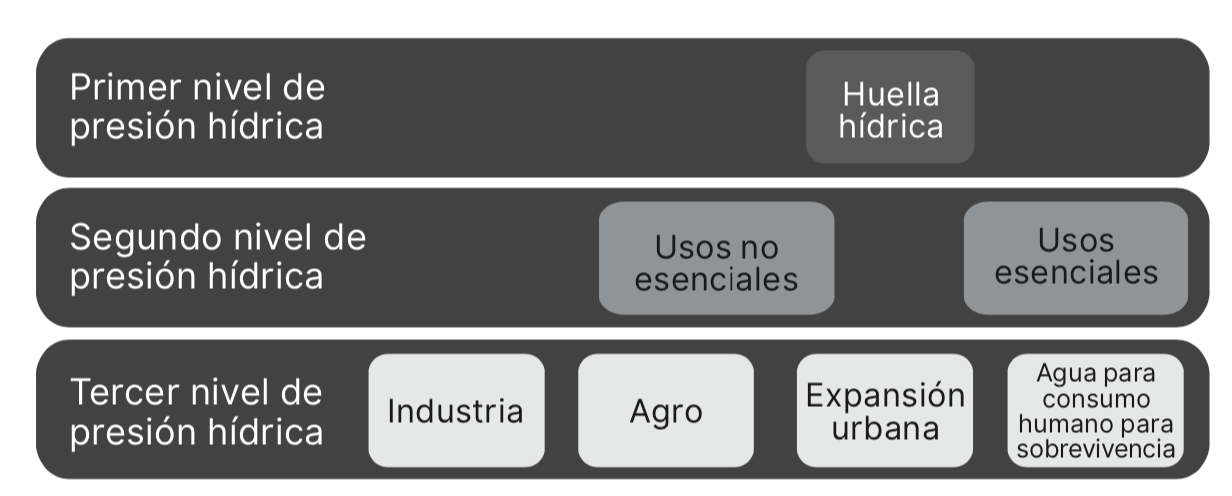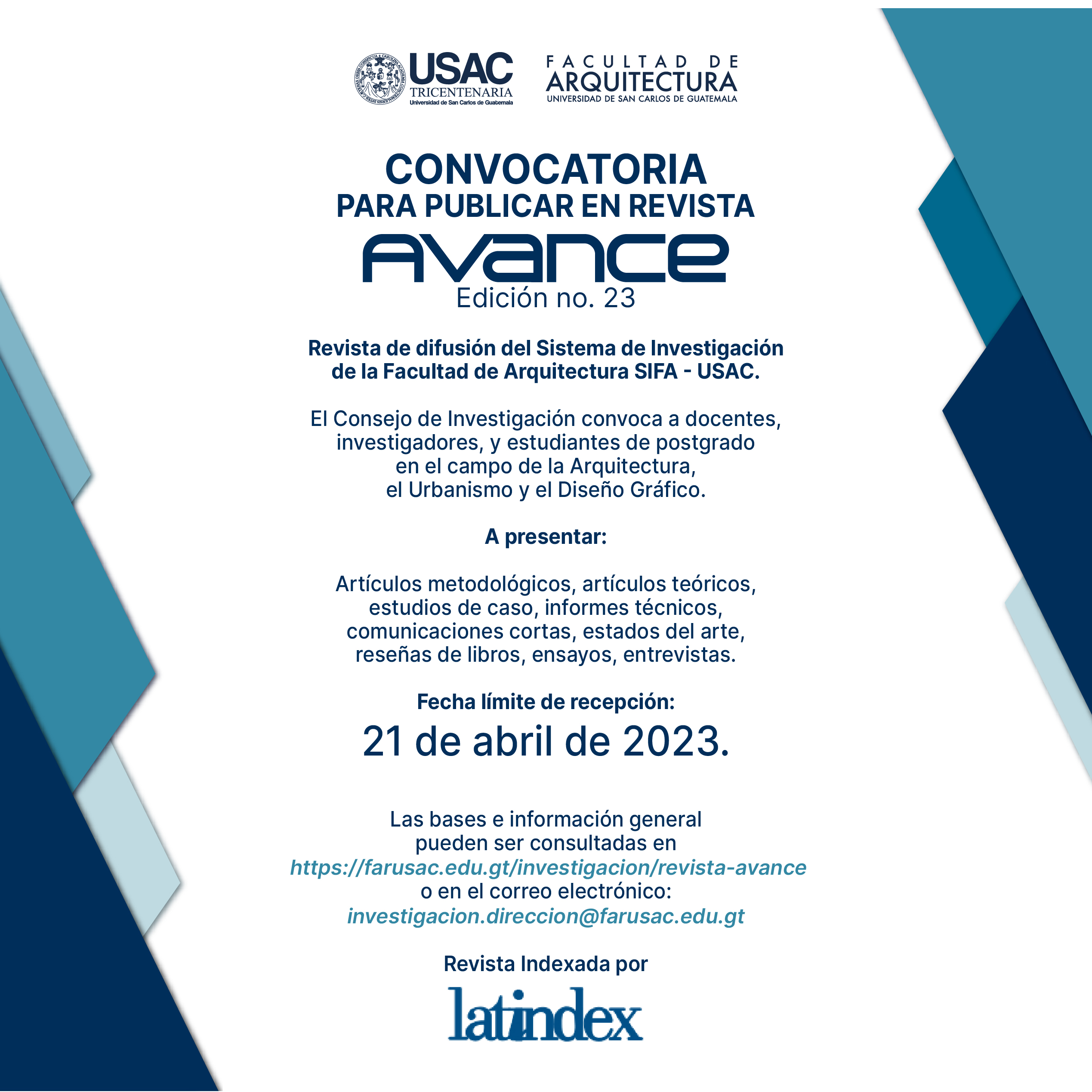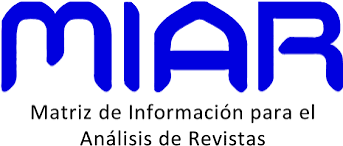Water as a tradable economic good Possibilities for a virtual water bonuses market in Guatemala.
Keywords:
Virtual water, water footprint, water balance, market, water bondsAbstract
Guatemala's environmental problems sometimes need to be addressed in ways that, in developing countries, are still considered disruptive, although in more developed countries they have existed as an option for several years. This article will explore, through an exhaustive review of existing knowledge, the way in which virtual water, a simple but very useful concept, can be used, both conceptually and technically, as a tool for the possible establishment of a system equivalent to that of carbon credits, which seeks the international commercialization of water credits, in a market for water credits. The next step, and the most complex, would be to achieve the incorporation of a system of these characteristics in a developing country like Guatemala. In order to determine whether or not it is possible to establish a water bond market, the related concepts and theories will be reviewed from a hermeneutic-interpretative point of view, thus being able to count on the necessary information to answer the question of whether there is the possibility of establishing a market for water bonds in Guatemala.
Downloads
References
Ambrogi Román, Rosario. “Agua virtual y desarrollo sostenible”. REICE: Revista Electrónica de Investigación en Ciencias Económicas 5, núm. 10 (2018): 156–72. https://doi.org/10.5377/reice.v5i10.5536.
Ayau Cordón, Manuel. El Proceso Económico. Descripción de los mecanismos espontáneos de la colaboración social. 5ta. edici. Guatemala: Editorial Centro de Estudios Económico-Sociales, 2003.
Belloso Martín, Nuria, y Saulo Tarso Rodrigues. “El agua, bien escaso. Algunas reflexiones a partir de la teoría de la justicia”. Revista Amazònia Legal de estudos sócio-jurídico-ambientais 6, núm. Enero/Junio 2015 (2015). https://www.todamateria.com.br.
Beltrán, María J., y Esther Velázquez. “La Ecología Política del Agua Virtual y Huella Hídrica. Reflexiones sobre la necesidad de un análisis crítico de los indicadores de flujos virtuales de agua en la economía.” Revista de Economía Crítica REC, núm. 20 (2015): 44–56. http://www.revistaeconomiacritica.org.
Contreras Marín, Byron Haroldo (SEGEPLAN Guatemala). “Marco conceptual ambiental Programa de Desarrollo Economico desde lo rural Guatemala”, 2005.
Planificación Y Programación De La Presidencia Banco Interamericano De Desarrollo “Estrategia para la Gestión Integrada de Los Recursos Hídricos de Guatemala”, 2006.
Grajales Quintero, Alberto, Álvaro Jaramillo Robledo, y Gabriel Cruz Cerón. “Los Nuevos Conceptos sobre ‘Agua Virtual’ y ‘Huella Hídrica’ aplicados al desarrollo sostenible: Implicaciones de la agricultura en el consumo hídrico”. Revista Agronomía 16, núm. 1 (2008): 7–26. http://agronomia.ucaldas.edu.co.
Herrero, Ana Carolina. “Huella Hídrica y Agua Virtual”, s/f. consultado en línea, abril del 2023 en https://aquabook.irrigacion.gov.ar/files/upload/contenidos/10_5/HuellaHidrica-Aguavirtual.pdf
Hoekstra, A Y, y P Q Hung. “Virtual water trade. A quantification of virtual water flows between nations in relation to international crop trade”, 2002.
Llamas Madurga, Ramón, Pedro Martínez Santos, y Maite Martínez Aldaya. “Nuevos Paradigmas en la Política Mundial del Agua”. Consultado el 20 de junio de 2020. https://www.researchgate.net/publication/301548184.
Maurel, Joaquín Bosque. “El agua como recurso escaso y sus problemas en la España actual”. Estudios Geograficos 69, núm. 265 (2008): 453–93. https://doi.org/10.3989/ estgeogr.0436.
Vargas Beal, Xavier. ¿Cómo hacer investigación cualitativa? Editado por ETXETA. Jalisco, Mexico: ETXETA, SC, 2011.

Downloads
Published
How to Cite
Issue
Section
License
Copyright (c) 2023 Diego Armando Junior López Castillo

This work is licensed under a Creative Commons Attribution-NonCommercial-ShareAlike 4.0 International License.












